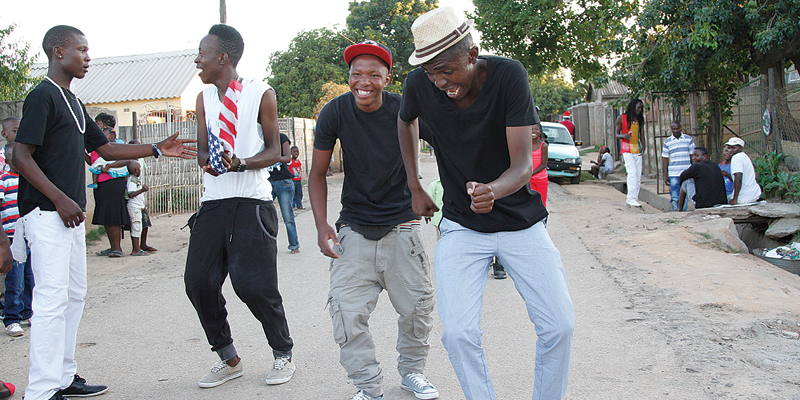
ZAPU deputy spokesperson Iphithule Maphosa has accused the current generation of youths of failing to stand up for their rights and allowing the Zanu PF regime to decide their fate.
BY SILAS NKALA
Speaking at the 4th edition of the Back to Pan-Africanism Conference in Bulawayo last Thursday, Maphosa challenged youths to emulate their forefathers who stood up against the brutal colonial regime and fought for the country’s independence.
“The pre-independence youths of Zimbabwe — which was Rhodesia then — are miles apart from the post-independence youths. The generational gap between the two groups brings with it a number of differences and as such, comparisons can be drawn from these to give an analysis of today’s youth participation in policy and development issues in the current state of affairs as compared to that of yesteryear — the liberators’ generation,” Maphosa said.
Maphosa said as from the formative stages of the liberation movements, as far back as the formation of the Rhodesia African National Congress, nationalism was championed by the youths.
“We also see youthful leadership right at the top in the form of [the late Vice-President] Joshua Nkomo and James Chikerema around 1957, just as in neighbouring South Africa we had the likes of Bantu Steve Biko of the Black Conscious Movement, Walter Sisulu and Nelson Mandela [all late] and others championing the struggle as youths. Even [President] Robert Mugabe was young then,” he said.
“Our liberation armies both in the then Rhodesia and all over Africa were built and led by youths. Zipra, under the broad leadership of youths built arguably the strongest liberation army on the continent, with a youthful General Nikita Mangena in command and a youthful Dumiso Dabengwa leading the intelligence side of the war.
At death, General Mangena was hardly 35, and we witness yet another youthful General Mafela [Lookout Masuku] taking over command at Zipra at 37. On the same token, Geneneral Josiah Magama Tongogara and Rex Nhongo [Solomon Mujuru] were in their youth prime leading Zanla.”
- Chamisa under fire over US$120K donation
- Mavhunga puts DeMbare into Chibuku quarterfinals
- Pension funds bet on Cabora Bassa oilfields
- Councils defy govt fire tender directive
Keep Reading
Maphosa said the youths who championed the liberation armies combined both politics and soldiering, taking on them the burden and responsibility of success of the struggle for African self -determination and emancipation. He said at independence, the country witnessed young and youthful crop leaders taking the reins especially in the army and other security departments.
“Examples that quickly come to mind are Dumiso Dabengwa, [the late General] Solomon Mujuru, and Lookout Vumindaba Masuku in the military with the likes of Simba Makoni and Joice Mujuru in Cabinet,” Maphosa said.
“After attaining independence, the liberation movements all over Africa formed governments in their respective countries, albeit in evolved and influenced forms as was the case in Zimbabwe.
The authentic Zapu could not form government due to British and American influence and assistance rendered to Zanu.
By this, winners and losers were created within the African societies and on a large scale, and in Zimbabwe particularly, youths became the biggest losers while the liberation generation became winners.”
He said the advent of socialism and communism effectively killed youth activism.
“Youths were the biggest losers as they were robbed of jobs, education, training, and identity as most were forced into exile and illegitimate ways to earn a living.
After a fine run in the liberation race, the youths from pre independence era aged, became self centered and greedy. In the process the liberation generation lost sight of the ideals of nationalism and the role of the youths as the vanguard and assurance of continuing revolution.
This came with dire consequences as our liberators abruptly changed into self serving individualistic tyrants,” he said.
“In Zimbabwe, the shift from the ideals and values of the liberation had so many casualties.
The Constitution suffered, the economy spiraled downwards, human rights were violated, democracy and democratic space were suffocated, which led to genocide in the early 80s and election violence with 2008 a point in reference. Accountability to the people was thrown out of the window with corruption creeping in as early as the 1980s.“











